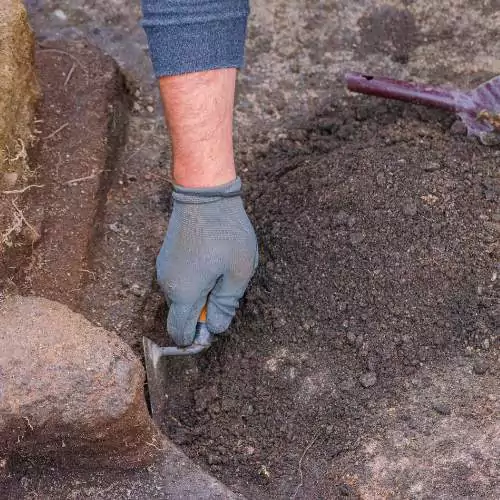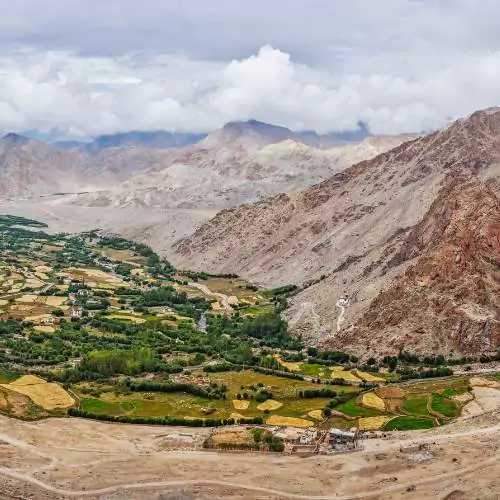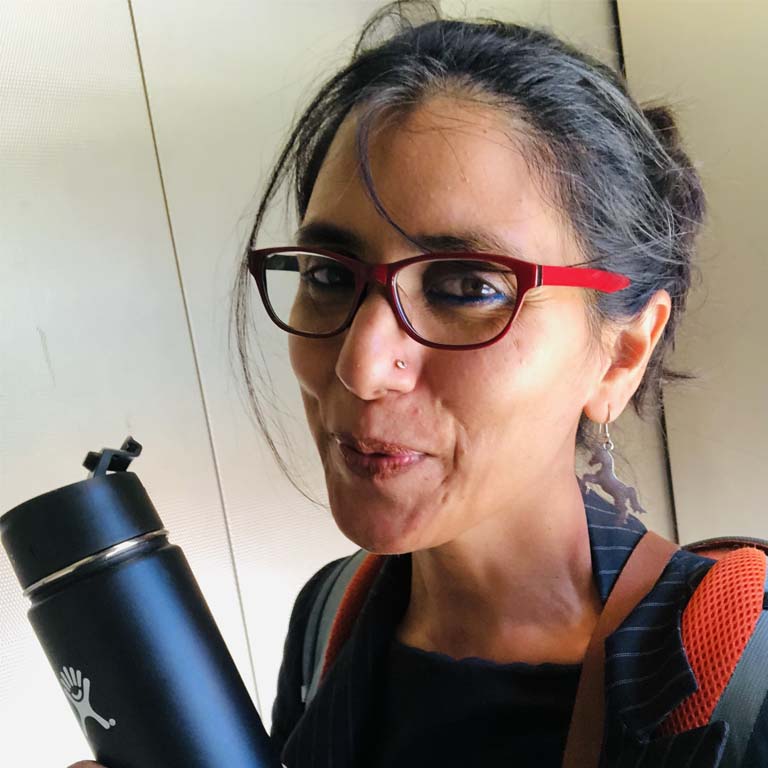Fragile Frontiers
Understanding Crisis, Conservation, and the Anthropocene in the Western Himalaya
What drives environmental change in the Western Himalaya and its link to the Anthropocene? How do urbanization, tourism, and resource use affect the Western Himalayas’ ecosystems? What challenges do local communities face in the Western Himalaya due to the Anthropocene, and how can they be addressed?
Duration: 3 Days | Starting Date: May 30, May 31 & June 01, 2025

Understanding the anthropocene

Environmental analysis and assessment

Sustainable solutions and conservation strategies
What You Will Learn
Embark on a fascinating journey where you will explore the profound impact of human activity on the fragile ecosystems of the Western Himalaya. As one of the most biodiverse regions on the planet, the Western Himalaya provide a unique lens through which we can understand the Anthropocene—the current epoch marked by human-induced environmental changes.
During this course, you will delve into the intricate interplay between human societies, climate change, and ecological transformations in this breathtaking mountainous landscape. With a focus on urbanization, culture, heritage and tourism to agriculture practices and resource exploitation, you will gain a comprehensive understanding of how human activities have shaped the Western Himalaya and the challenges faced in the Anthropocene.
The course offers a blend of theoretical knowledge, case studies, and practical exercises. Through interactive modules, engaging discussions, and multimedia resources, you will develop a holistic understanding of the Anthropocene concept and its implications in the Western Himalaya.
Meet Your Instructor

Dr. Sonali Gupta
Sonali Gupta, LL.B., Ph.D. (UCLA) specializes in archaeology and has worked for nearly a decade in Egypt, India, Indonesia, and Malaysia. She is an anthropological archaeologist and has led the first international field school in India under her project “Myth and Reality in the Himalayas.”
Sonali has taught at the University of California, Los Angeles, the National Museum in New Delhi, and her Institute of which she is the Founding Director, The Himalayan Institute of Cultural & Heritage Studies Foundation (HICHS), situated in Dhami in Rural Shimla, Himachal Pradesh. Her core area of research is cultural transmission of both tangible and intangible cultural heritage. She has various projects in collaboration with Flinders University, Institute of Field Research, University of Delhi, and the Archaeological Survey of India.
